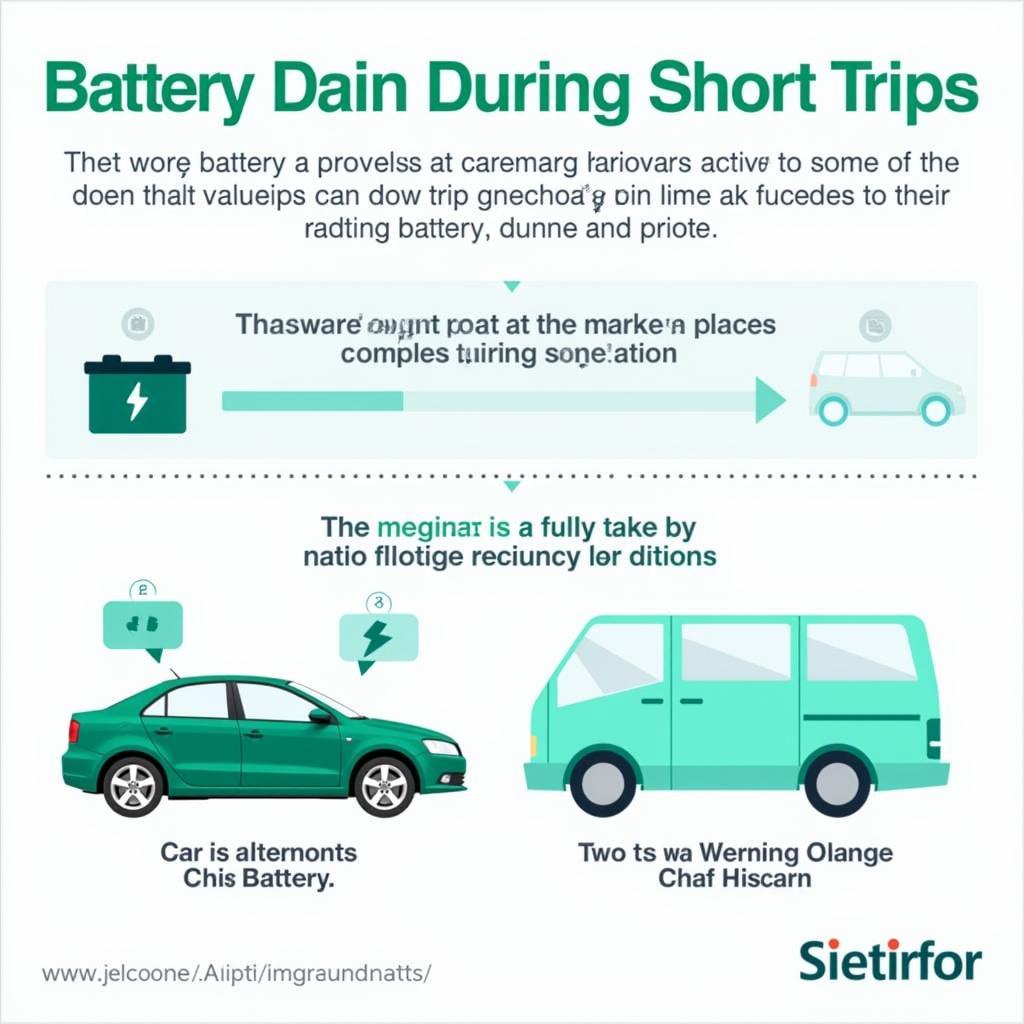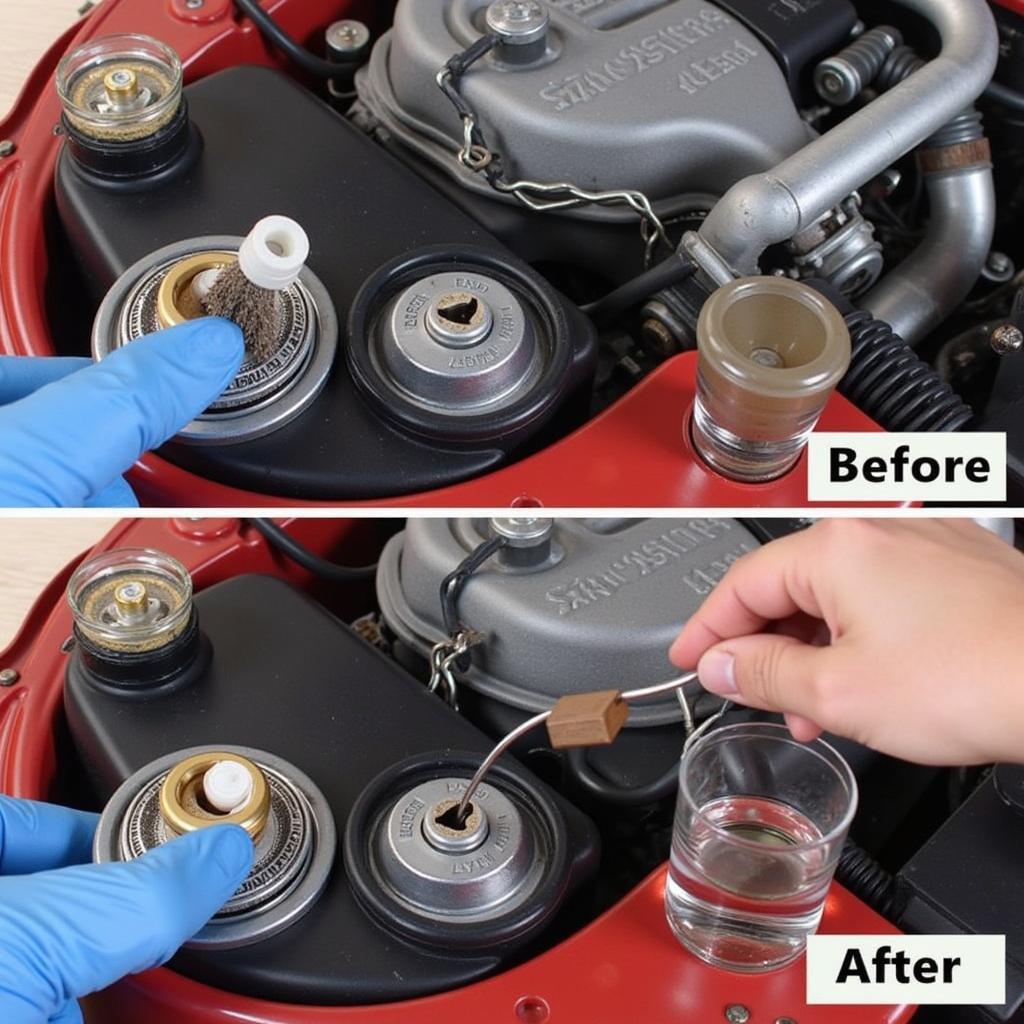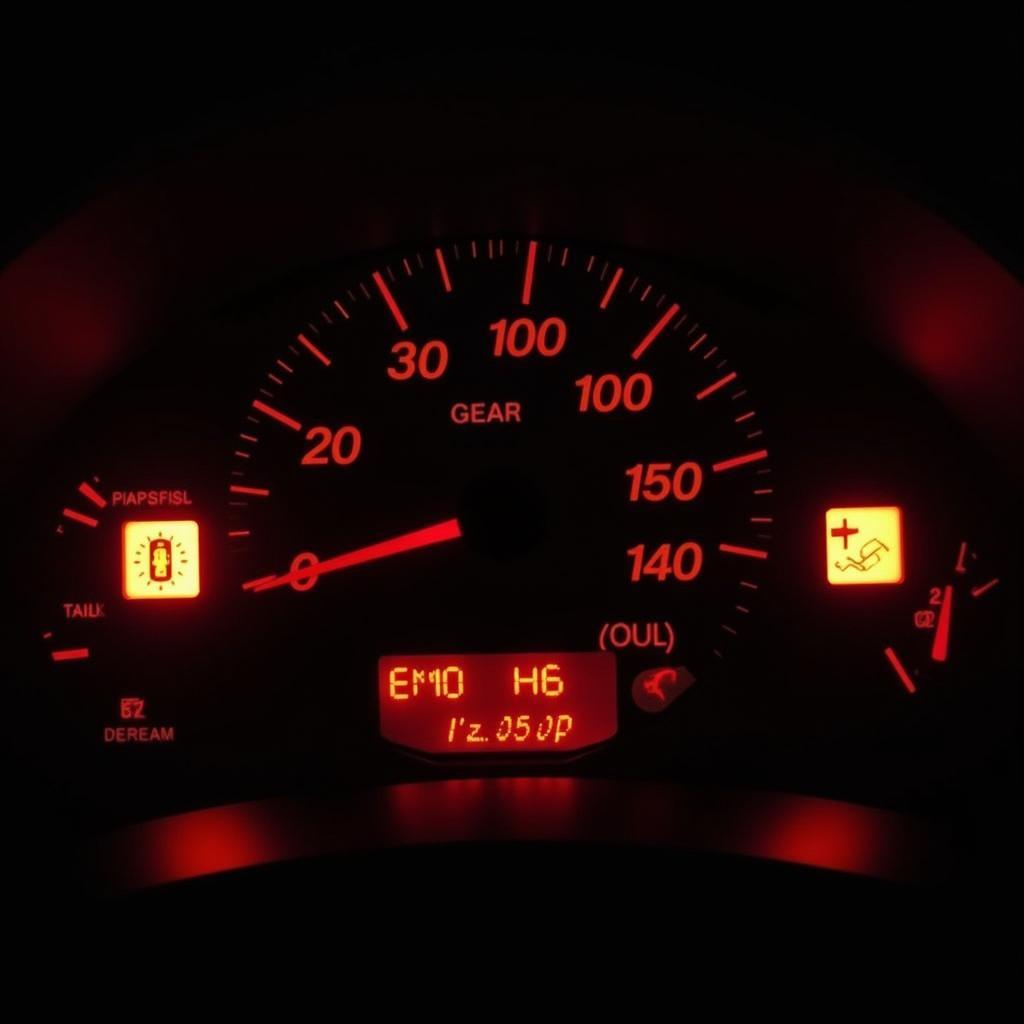Short journeys are bad for your car battery. This is a common problem that can leave you stranded and frustrated. Understanding why short trips negatively impact your battery and learning how to mitigate these effects is crucial for maintaining a healthy car battery and avoiding unexpected breakdowns.
Why Are Short Journeys Bad for Your Car Battery?
Frequent short trips prevent your car battery from fully recharging. When you start your car, a significant amount of power is drawn from the battery. On a short journey, the alternator, which recharges the battery, doesn’t have enough time to replenish the energy used during startup. This leads to a gradual depletion of the battery’s charge, ultimately leading to a flat battery or a significantly reduced lifespan.
The Science Behind the Drain
The chemical process within a car battery generates electricity. This process is most efficient when the battery is fully charged. Continuously operating in a partially charged state causes sulfation, where lead sulfate crystals form on the battery plates. These crystals hinder the chemical reaction, further reducing the battery’s ability to hold a charge.
 Short Trips and Battery Drain
Short Trips and Battery Drain
The Impact of Cold Weather
Cold weather exacerbates the problem. Low temperatures reduce the battery’s capacity to hold a charge, while simultaneously increasing the power required to start the engine. This double whammy puts even more strain on a battery already struggling to recharge on short journeys.
How to Minimize the Negative Effects of Short Journeys
While completely eliminating short trips might be impossible, you can take steps to minimize their impact on your battery health.
- Take Longer Drives: Periodically take your car on longer drives, at least 30-45 minutes, to allow the alternator to fully recharge the battery.
- Limit Accessory Use: Minimize the use of power-hungry accessories like heated seats, the radio, and headlights while the engine is idling or on short trips.
- Keep Your Battery Clean: Corrosion on the battery terminals can impede the flow of current. Regularly clean the terminals with a wire brush and baking soda solution.
 Car Battery Maintenance Tips
Car Battery Maintenance Tips
Using a Battery Charger/Maintainer
Consider using a trickle charger or battery maintainer, especially during periods of infrequent use or extreme cold. These devices provide a small current to keep the battery topped off and prevent sulfation.
“Regular battery maintenance, including using a trickle charger, can significantly extend the life of your car battery, especially if you frequently undertake short journeys,” says John Smith, Senior Automotive Electrical Engineer at AutoTech Solutions.
Signs of a Weakened Battery
Recognizing the early signs of a weakened battery can help you avoid being stranded. These signs include:
- Slow engine cranking
- Dim headlights
- Clicking sound when turning the key
- Electrical malfunctions
“Don’t ignore the warning signs of a failing battery. Addressing the issue early can save you time, money, and the inconvenience of a breakdown,” advises Emily Davis, Lead Diagnostic Technician at Advanced Auto Diagnostics.
Conclusion
Short journeys are undeniably bad for your car battery, but by understanding the reasons and taking preventative measures, you can significantly prolong its life and avoid unexpected problems. Regular maintenance and mindful driving habits can go a long way in keeping your battery healthy and reliable.
FAQ
- How often should I take my car on a long drive to recharge the battery? Aim for a longer drive (30-45 minutes) at least once a week, especially if most of your driving involves short trips.
- Can I jump-start my car every time the battery drains due to short journeys? While jump-starting works in a pinch, it’s not a long-term solution and can potentially damage the car’s electronics.
- Is it better to turn off the car’s accessories completely on short journeys? Yes, minimizing the use of accessories reduces the strain on the battery, allowing the alternator to focus on recharging.
- How can I tell if my battery needs replacing? Signs like slow cranking, dim headlights, and clicking sounds when starting the car indicate a potential battery problem. Have it tested by a professional.
- What type of battery charger should I use? A trickle charger or battery maintainer is best suited for maintaining a car battery, especially during periods of infrequent use.
- Does extreme heat also affect the car battery like cold weather? Yes, extreme heat can also damage the battery, although the effects are different from cold weather.
- How long does a car battery typically last? A car battery typically lasts between 3 and 5 years, depending on usage and maintenance.

